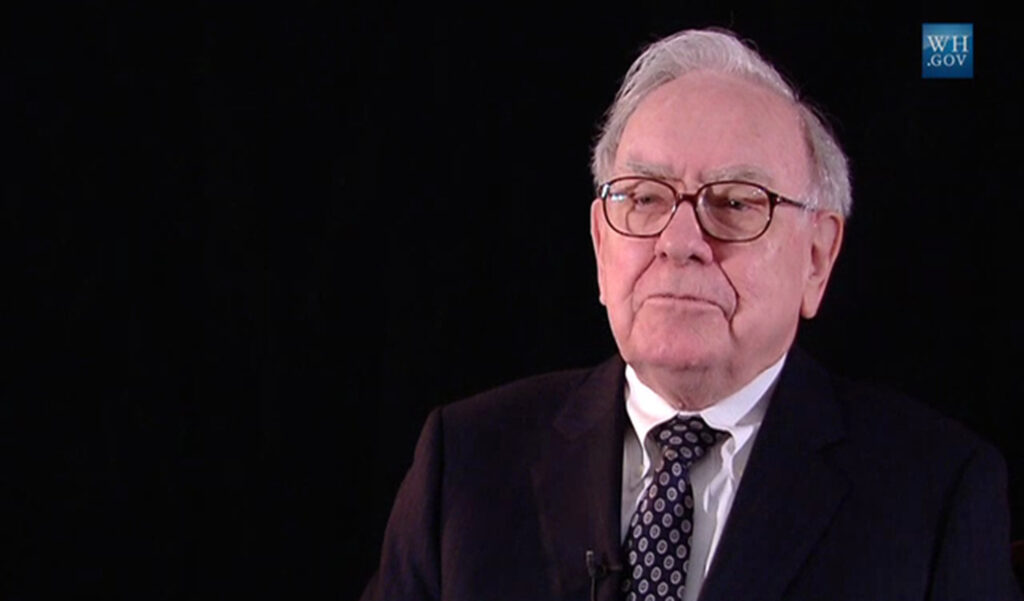Insights on markets, emergent trends, history, innovation, risk management, global economics, strategy, policy, and other topics that catch our attention. Inspired by ongoing research, conversations and events. Written and edited by Osbon Capital Management and published every Thursday morning.
"*" indicates required fields
2024 will bring more positive novel surprises. New years always do. In 2023, it was the dramatic acceleration in AI, which touches nearly every industry, and the early stages of an answer to the obesity epidemic with GLP-1s. Here is a list of what’s on our minds going into 2024.
Does Your Behavior Pay You?
If you were offered tens of thousands of dollars for being patient, bored or nerdy, would you take it? It turns out the financial markets will pay you handsomely for certain rather unspectacular behaviors. But you’ll be charged significant penalties for other behaviors and attitudes, such as FOMO (Fear of Missing Out). It’s up to you – pay or penalty. Which will it be?
The 7 C’s of My Money Strategy
Spring cleaning is here, taxes are coming due, the seasons are finally changing. Now is as good a time as any to dive in and review your strategy. Remember the adage, “proper planning prevents poor performance”? Here are seven C’s I use that will help you prepare for the good performance.
Your Money Or Your Life
If you think about the most successful people you know, you’ll probably find that it’s not just one extremely developed talent that enables that success, but a balance of two different — maybe very different — characteristics. Think of the scientist with entrepreneurial spirit, or the specialized doctor with exceptional bedside manner. It’s this best of both worlds scenario that turns very good to extremely great. When you look at your life and investments, the same kind of balance should be your goal.
Why Don’t I Invest The Way I Should? 8 Reasons
Reader alert: Don’t worry about the title. This is a no-shame, no-blame, no-guilt article. Read on without worry.
If you are not completely satisfied with your investment progress and suspect it can be better, you’re probably right. Here are the 8 most common investor hurdles we see. And they are all completely curable!
Why Warren Buffett is Optimistic About Your Kids
Warren Buffett’s Annual Shareholder letter is perhaps the most eagerly anticipated, widely read business news report. It came out online last Saturday morning, all 124 pages, and it is fascinating reading since Warren is both a good writer and the world’s third richest person. What stood out most to me was his comment on the economic future of children in America. Many parents wonder and worry if their kids will be better off than they are. Warren says ‘absolutely yes’. Here’s why in his own words.
Buffett vs. Hedge Fund Wager: Year 8
Every year at this time we update the results of a friendly one million dollar wager made in 2008 by Warren Buffett. He took the modest S&P 500 index versus five hedge funds handpicked by prominent NY money manager Protégé Partners. It’s a ten-year bet. With just two years left on the clock, who’s looking good and who’s looking for…
Is It Time To Buy? Five Reasons
It’s been a year to remember for the stock market. And it’s only mid-February. The Dow Industrials have been up or down more than one percent in 20 of the first 30 trading days of the year. As we discussed last week (Is It Time To Sell?), the market’s volatility has many investors wondering what, if anything, to do. How do…
Is It Time To Sell? Four Reasons.
Not only is the news full of dire business and economic news, stocks are going straight down, oil has already tanked, tech is plunging, and the list goes on. It’s scary, no doubt. But is it time to sell? Here are four reasons to sell right now – and they’re not what you may be thinking. OK, how bad is…
Negative Interests Rates – What’s That Got To Do With Me?
The Japan Central Bank shocked markets last week – not easy to do – by lowering the official bank interest rate to negative territory. They are not the first, but are among the biggest. What is going on and why should you care? How is this even possible? It has been long thought that interest rates could never be negative,…











